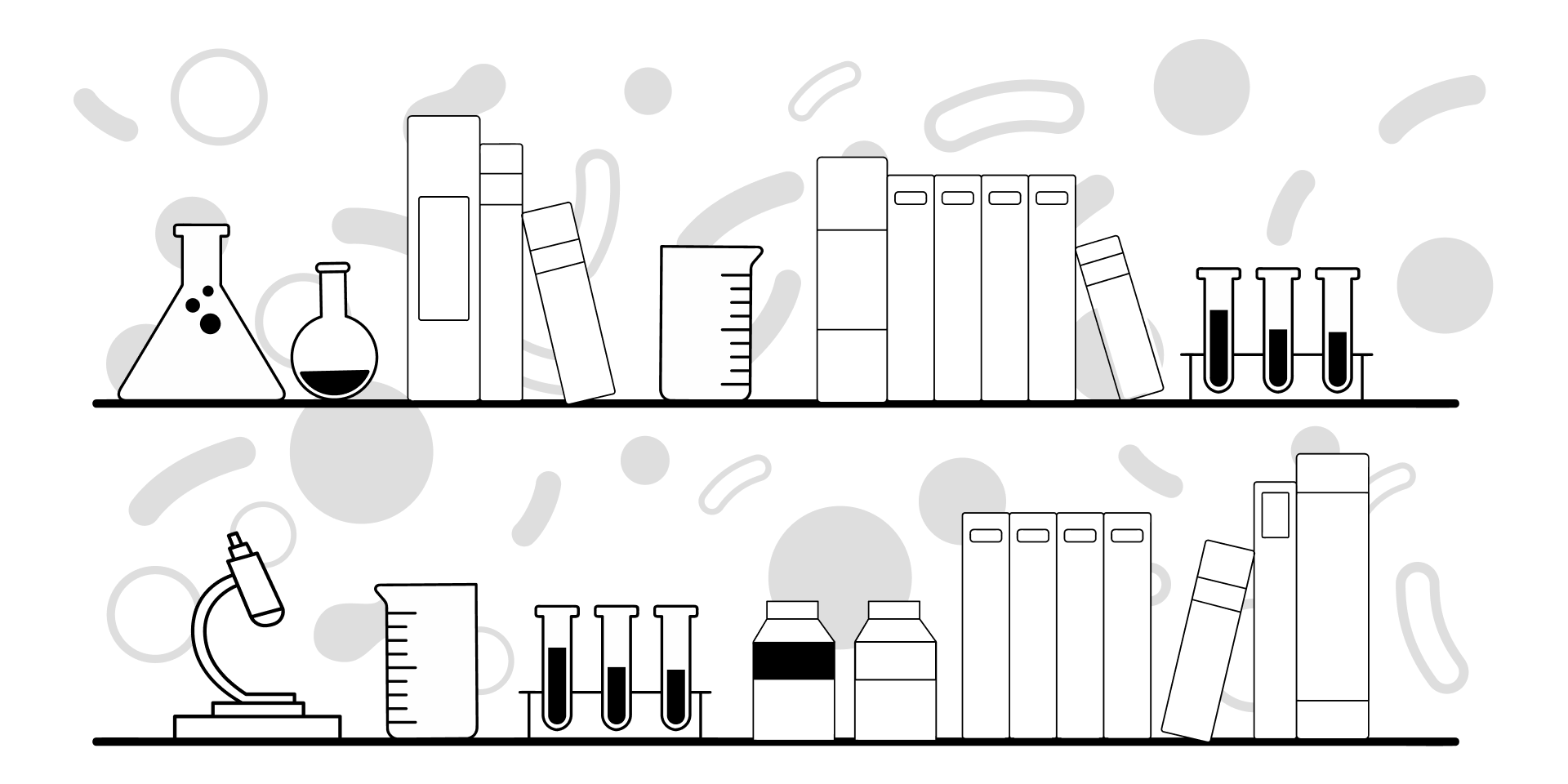Guides

What must agtech and agronomy labs keep in mind when setting up?
We examine the core factors when setting up an agtech or agronomy lab, including commonly used equipment and relevant standards and proficiency programs.

Guides

What must longevity labs keep in mind when setting up?
Longevity labs are research facilities dedicated to studying aging and developing therapies to extend the human lifespan and improve the quality of life as people age. Examples of research topics studied in longevity labs include cellular reprogramming, tissue regeneration, brain rewiring, biological age reversal, prime genome editing, and NAD boosters. Setting up a lab focused on these areas requires careful consideration regarding equipment needs and compliance. Below, we highlight the key factors to consider, including commonly used tools and standards and regulations that may apply to longevity research.
Guides

What must microbiome labs keep in mind when setting up?
Microbiome research is often conducted in highly-regulated industries, such as foods, supplements, and pharmaceuticals, and various standards and regulations will apply. This article explores key factors for setting up a microbiome lab, including commonly used equipment and software and compliance considerations.
Guides

What must biopharma labs keep in mind when setting up?
This article reveals a few key considerations for those setting up a biopharma lab, including important equipment and compliance obligations.
Guides

Effective communication between scientists and non-scientists
This article describes best practices and frameworks for communicating effectively for scientists in commercial scientific enterprises.
Guides

What must materials science labs keep in mind when setting up?
We explain the key requirements for setting up a materials science lab, including commonly used equipment and software and regulatory requirements.
Guides

Making the leap from academic research to industry R&D: What scientists need to know to make the transition
Why a researcher might decide to make the transition from academia to industry, and the differences between the two environments when it comes to scientific research.
Guides

Cloud vs. On-prem: Risks and Benefits
This piece compares cloud computing against on-premise systems and reveals the key benefits and drawbacks of shifting to the cloud.
Interviews

Inventory management insights from an early Quartzy employee –– Quartzy Senior Product Manager, Chris Tappe
Discussion on different use cases for lab inventory management systems, as well as practical methods for staying on top of lab inventory.
Guides

Cloud labs: The future of scientific R&D
We take a closer look at how cloud labs work. We discuss key players in the field and how to determine when to work with one of these organizations.
Guides

Laboratory inventory management for the 21st century
We look at the importance of proper inventory management, and how to optimize laboratory operations through efficient inventory management systems.
Guides

Implementing a Quality Management System (QMS) in your Laboratory
A QMS is a framework that is used to ensure that all activities performed by a laboratory meet or exceed customer and regulatory requirements.
Guides

Things to consider when working with CROs
CROs have played an important role in the scientific industry over the past few decades and have grown to be more than a simple outsourcing resource.
